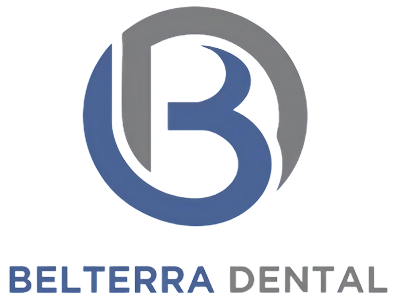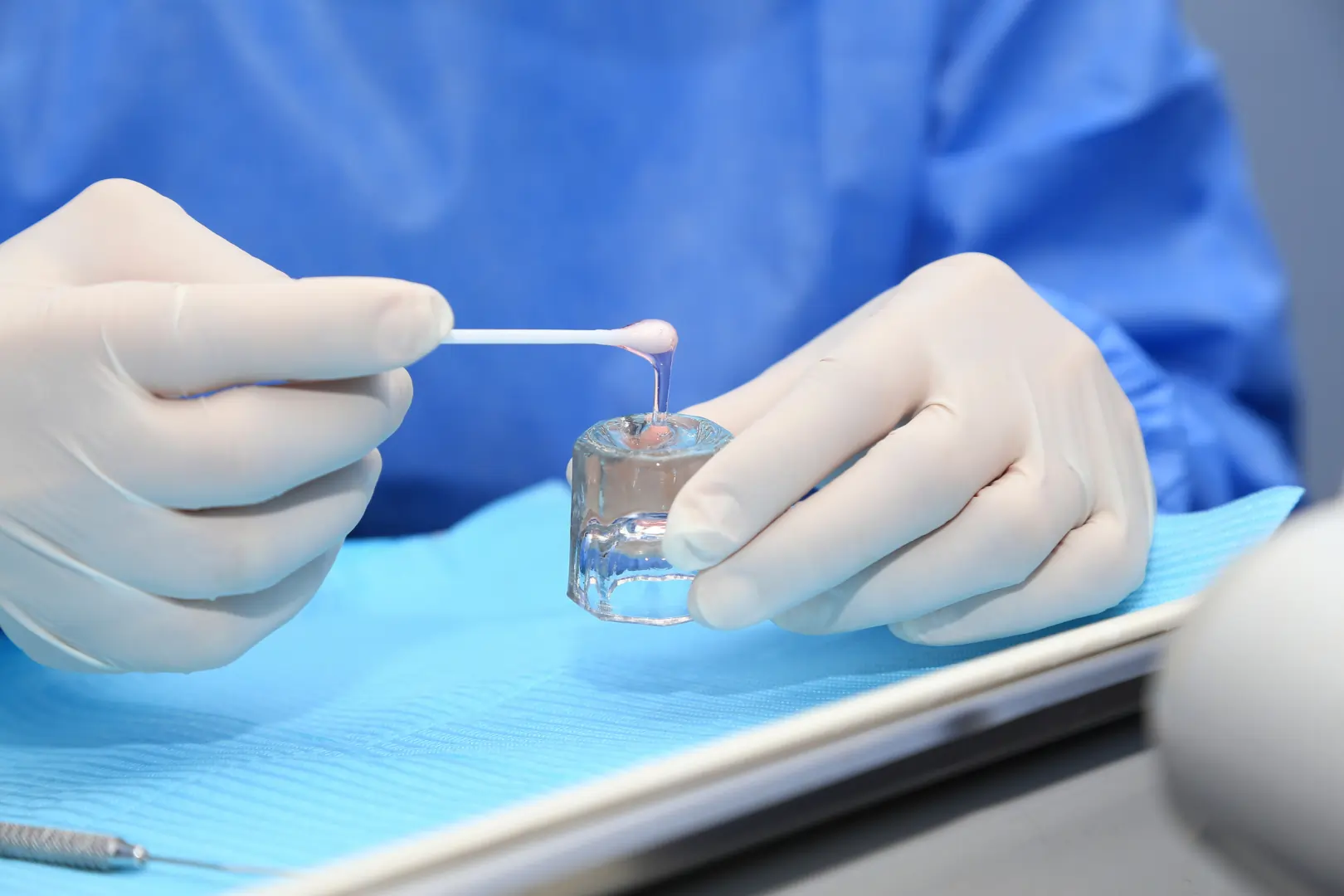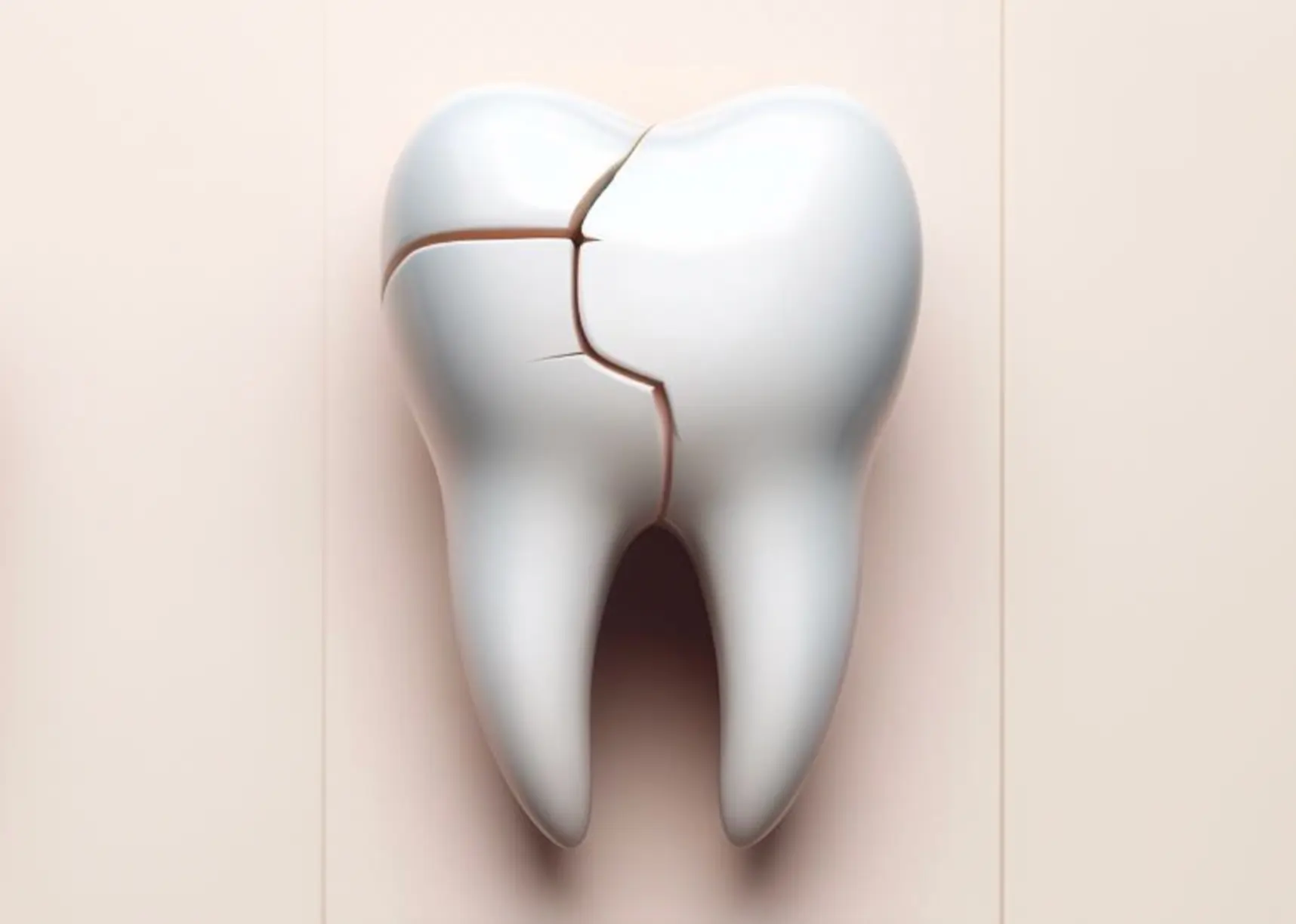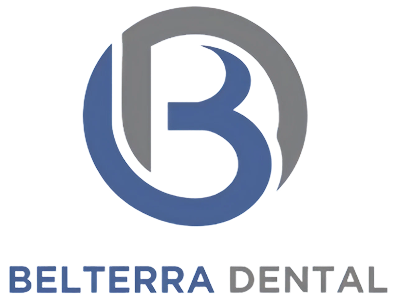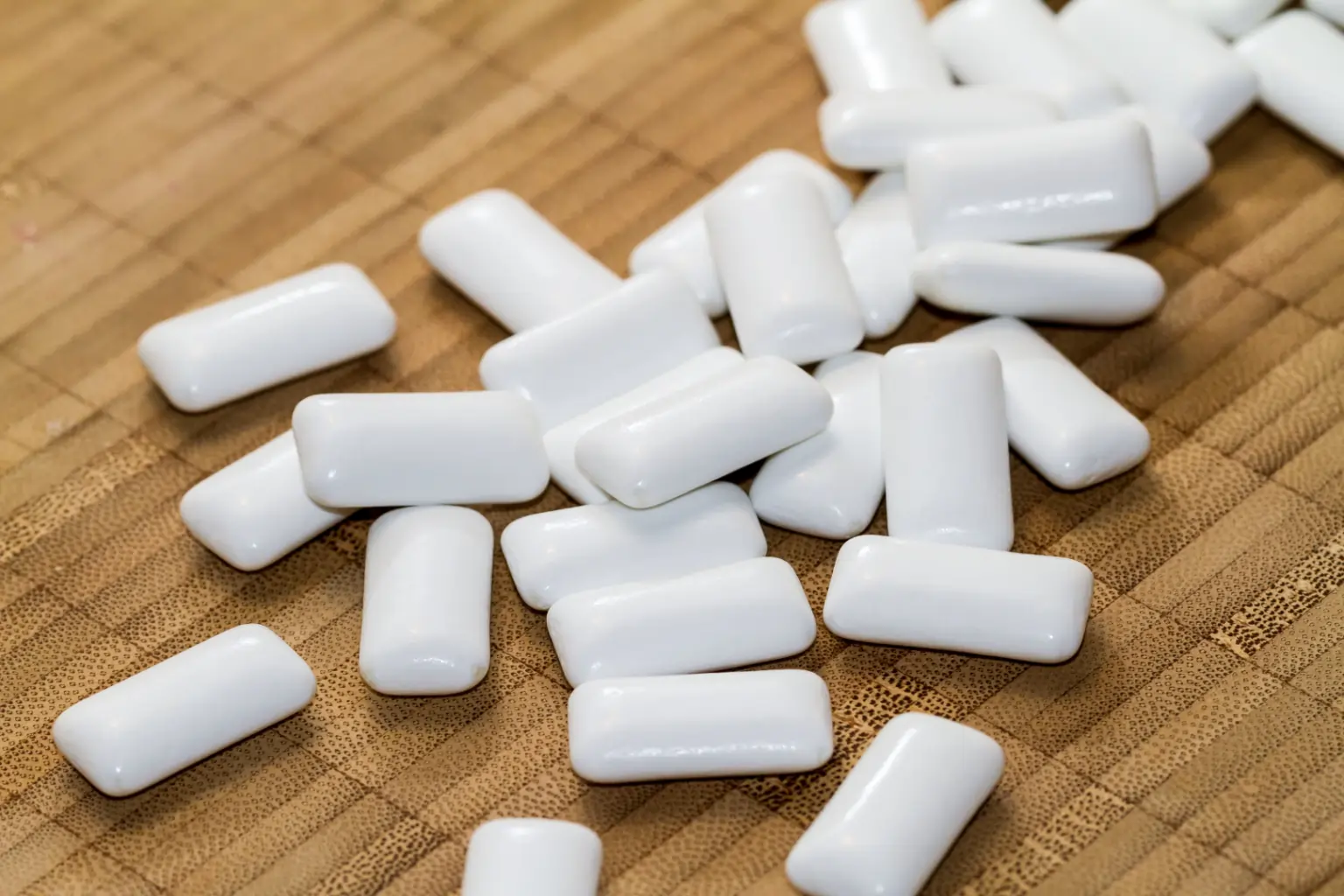
At Belterra Dental in Austin, Texas, we believe in keeping our patients informed about the latest trends and innovations in oral health care. One such topic that has been generating buzz in recent years is xylitol. In this informative article, we’ll explore the facts behind xylitol and its potential impact on dental health, separating the hype from the reality.
What is Xylitol?
Xylitol is a natural sugar alcohol found in small amounts in many fruits and vegetables. It’s also produced commercially and used as a sugar substitute in various products, including chewing gum, candies, and oral care items.

Key Properties of Xylitol:
- Tastes similar to sugar but with fewer calories
- Does not raise blood sugar levels significantly
- Has a low glycemic index
- Cannot be metabolized by oral bacteria
The Potential Dental Benefits of Xylitol
Xylitol has gained attention in the dental world due to its potential to reduce the risk of tooth decay and improve overall oral health. Here’s what current research suggests:
Reducing Harmful Bacteria
Some studies indicate that xylitol may inhibit the growth of Streptococcus mutans, the main bacteria responsible for tooth decay. It’s believed that xylitol might disrupt the energy production processes of these bacteria.
Decreasing Plaque Formation
Research has shown that xylitol might reduce plaque formation and bacterial adherence to teeth. This potential antimicrobial effect could help maintain a cleaner oral environment.
Increasing Salivary Flow
Xylitol is thought to stimulate saliva production, which is crucial for maintaining oral health. Increased saliva flow helps neutralize acids, remineralize tooth enamel, and wash away food particles and bacteria.
Raising Oral pH
By potentially increasing salivary flow and pH levels, xylitol might create a less acidic oral environment. This higher pH could be less favorable for cavity-causing bacteria and might help protect tooth enamel from acid erosion.
Clinical Evidence on Xylitol Use
Several studies have explored the effectiveness of xylitol in preventing dental caries and improving oral health. While results have been promising, more research is needed to fully understand its long-term benefits and optimal use.
Potential Uses of Xylitol
Xylitol can be found in various forms, including:
- Chewing gum
- Mints and candies
- Toothpaste
- Mouth rinses
- Dietary supplements
Considerations and Potential Side Effects
While xylitol is generally considered safe for most people, there are some considerations to keep in mind:
Digestive Issues
Consuming large amounts of xylitol can lead to digestive discomfort in some individuals. It’s generally recommended to introduce xylitol gradually if considering its use.
Not a Substitute for Good Oral Hygiene
It’s important to note that while xylitol may have potential benefits, it’s not a replacement for regular brushing, flossing, and dental check-ups.
Xylitol and Pets
It’s crucial to be aware that xylitol can be toxic to dogs. If you have pets, it’s advisable to keep xylitol-containing products out of their reach.
The Future of Xylitol in Dentistry
As research continues, there may be more applications of xylitol in dental care. However, it’s important to approach new trends with caution and always consult with a dental professional before making changes to your oral care routine.
Wrap-up
While xylitol shows potential benefits for oral health, it’s important to remember that it’s just one of many factors in maintaining good dental hygiene. At Belterra Dental in Austin, Texas, we emphasize that a comprehensive approach to dental care, including regular brushing, flossing, and professional check-ups, remains the cornerstone of excellent oral health. Please note that Belterra Dental does not offer xylitol products at our practice, nor do we specifically recommend their use. This article is purely informational and should not be considered as medical advice.
Before incorporating any new products or practices into your oral care routine, we strongly advise consulting with your dentist to discuss what’s best for your individual dental needs. For personalized advice on maintaining your oral health or to schedule an appointment, please contact Belterra Dental in Austin, Texas. We’re here to help you navigate the ever-evolving world of dental care and make informed decisions about your oral health.
